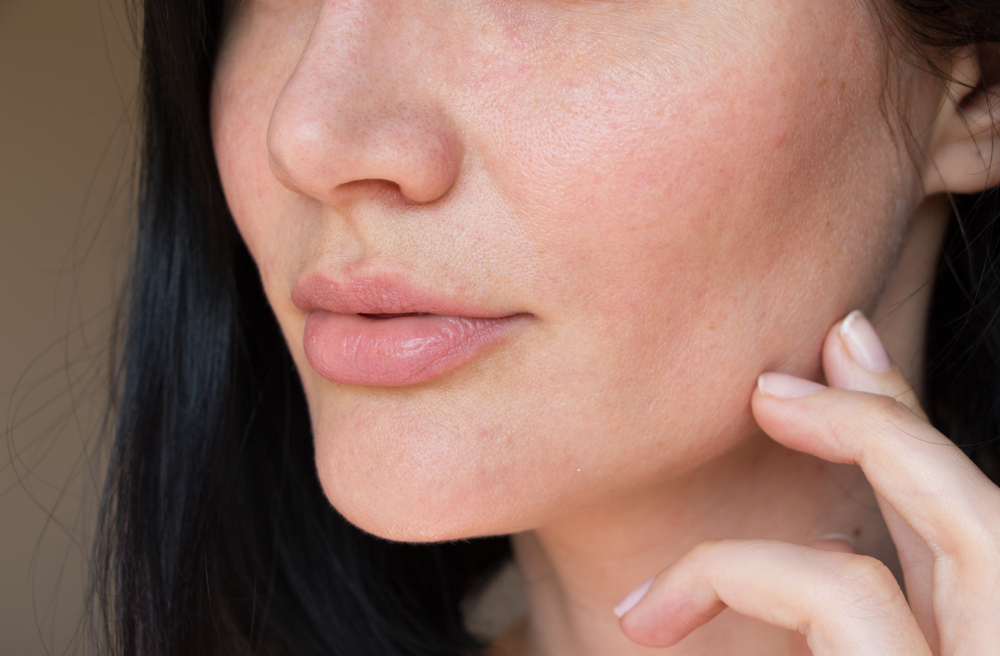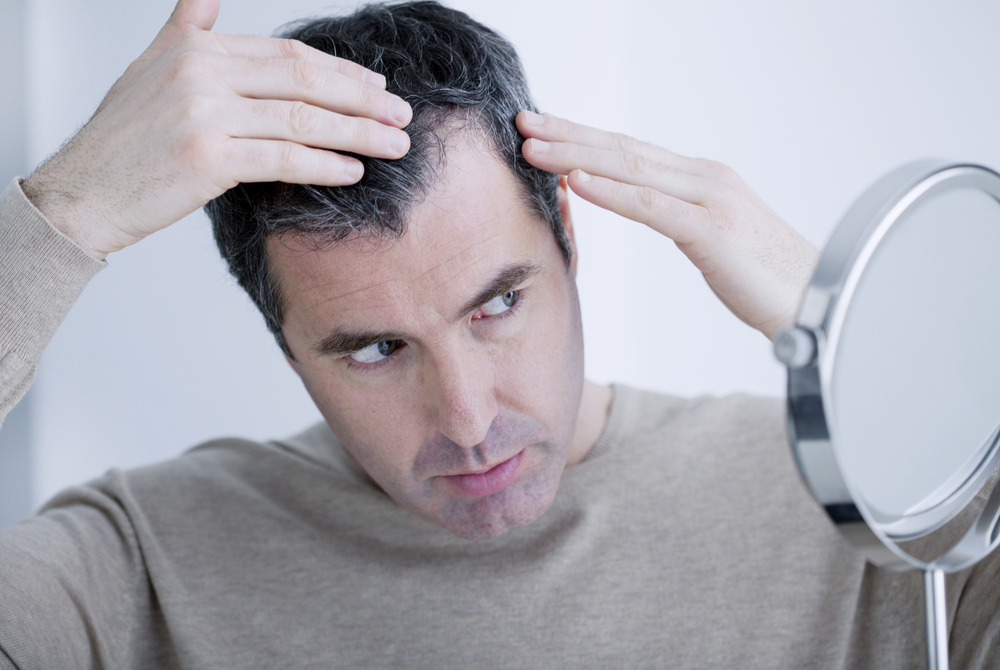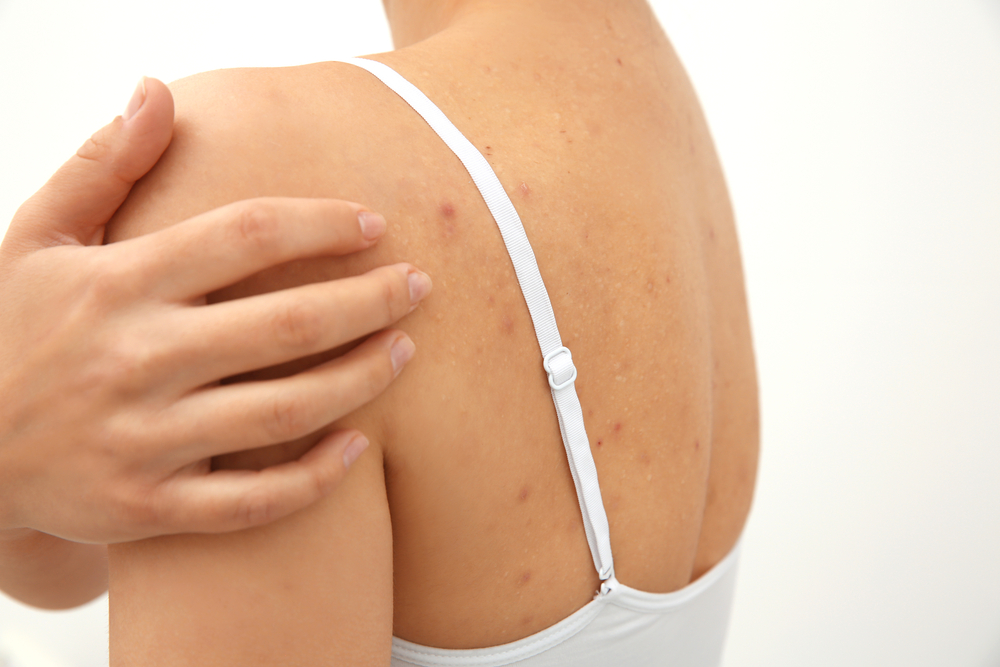- Scalp fungus (tinea capitis) is a contagious infection most commonly seen in children.
- It is typically passed from person to person, or animal to person, but can also live on objects and surfaces.
- Treatment usually involves oral antifungals and topical antifungal shampoos.
- In some situations, if the ringworm is identified early enough, natural remedies may provide some relief.
Tinea capitis, commonly referred to as ringworm of the scalp, is a fungal infection that usually affects the hair follicles of the scalp, eyebrows, and eyelashes. It appears as a circular rash, which is where the term ringworm originated.
Ringworm can affect just about any area of the skin, including the feet, groin, hands, nails, and beard. It is an extremely infectious and difficult condition to treat, requiring extended courses of oral antifungal medications in combination with topical antifungal products.
All members of the household of a person with an active ringworm infection will typically need to receive treatment as well.
What causes ringworm of the scalp?
Ringworm is a fungal infection typically caused by one of several different groups of fungi, the most common of which are Microsporum canis and Trichophyton tonsurans.
The fungi that cause ringworm can be passed from person to person or from animal—often a cat or dog—to person. In addition, objects such as cell phones, clothing, brushes, combs, razors, and towels can carry the fungi for many months.
What does ringworm of the scalp look like?
Ringworm of the scalp usually begins as small, scaly patches on the scalp. The patches can grow in size, severity, and quantity, and, eventually, hair can fall out in these areas. Patches can be itchy, inflamed, and ooze pus. Ringworm of the scalp is also frequently accompanied by swelling of the lymph nodes.
If left untreated, ringworm of the scalp can progress to deep abscesses, which can lead to scarring and permanent hair loss.
In many cases, it is necessary to consult with a healthcare professional for proper diagnosis of ringworm of the scalp. There are other scalp conditions that share some of the features of ringworm, such as seborrheic dermatitis, an inflammatory condition of the scalp that produces dandruff.
A doctor can take a small sample from one of the scales on your scalp or a hair from the affected area and send it to a laboratory for examination.
Who is most likely to suffer from ringworm of the scalp?
Ringworm of the scalp is most common in young children from 6 months to 12 years of age. Patients of African descent appear to be more susceptible.
Ringworm is more common in areas with hot, humid weather. In addition, people who live in cramped conditions, such as those in the military or those of low socioeconomic status, can also be more susceptible to ringworm infection.
How is ringworm of the scalp treated?
Most dermatologists agree that ringworm of the scalp can only be properly treated with prescription medications. Treatment usually involves systemic oral antifungals, which are sometimes accompanied by topical therapy.
The oral antifungals typically used for ringworm of the scalp include:
- griseofulvin
- Diflucan® (fluconazole)
- Lamisil® (terbinafine)
- Sporanox® (itraconazole)
Griseofulvin was one of the first drugs used for the treatment of ringworm and remains a mainstay of therapy. It is inexpensive and available in a liquid dosage form, which makes it easy to administer to children.
Depending on the drug, the duration of therapy is 4 to 8 weeks. Adherence is extremely important. If the medication is stopped too soon the fungus could return or resistance to the medication could develop, which complicates therapy.
Topical antifungals can help improve symptoms more quickly and prevent the spread of infection. Nizoral® (ketoconazole) and selenium sulfide—both available as shampoos—can be used a few times a week.
For patients with extensive scales or abscesses, wet compresses might be recommended to help remove the crusts that have formed. To prevent long-term complications such as scarring and hair loss, the scales can be removed in a hospital outpatient setting.
Are there any natural remedies?
Ringworm infections in areas of the body other than the scalp can be sometimes be successfully treated with natural or over-the-counter remedies; however, scalp infections tend to require a visit to the doctor and prescription medication.
If ringworm of the scalp is identified early enough, there are a few natural remedies that can provide some relief or prevent a mild infection from growing or spreading.
- Coconut oil contains properties that can help to eliminate fungal cells and has been found to be an effective solution for people suffering from mild to moderate skin infections.
- Aloe vera possesses antifungal, anti-inflammatory, and wound-healing properties.
- Lemongrass oil, known for its antimicrobial and antifungal properties, has been shown to be effective against several types of fungus. Mix with a carrier oil and apply to the skin with a cotton ball twice a day.
- Turmeric, a herb in the ginger family, is popular in Ayurvedic medicine for its antimicrobial and anti-inflammatory properties.
- Tea tree oil, an essential oil ubiquitous in dermatologic treatments, has antifungal, antiseptic, and wound-healing properties. Undiluted tea tree oil must be diluted before use.
“Products with tea tree (shampoos, cleansers), zinc pyrithione, and Nizoral shampoo are all good starting points to treat scalp fungus,” says Dr. Rhonda Q. Klein, creator of Pure Bioderm.
How can ringworm of the scalp be prevented?
The best way to prevent ringworm is to follow good hygiene practices such as:
- Showering after exercise.
- Not sharing personal items such as brushes, combs, razors, deodorant, or towels.
- Wearing flip-flops in public showers or pools.
When one person in a family has a ringworm infection of the scalp, other members of the household should use a topical antifungal such as ketoconazole a few times a week. This will help prevent the spread of the infection among family members and prevent reinfection.
» To find out more about natural and professional treatments for ringworm of the scalp, connect with our medical review team.









